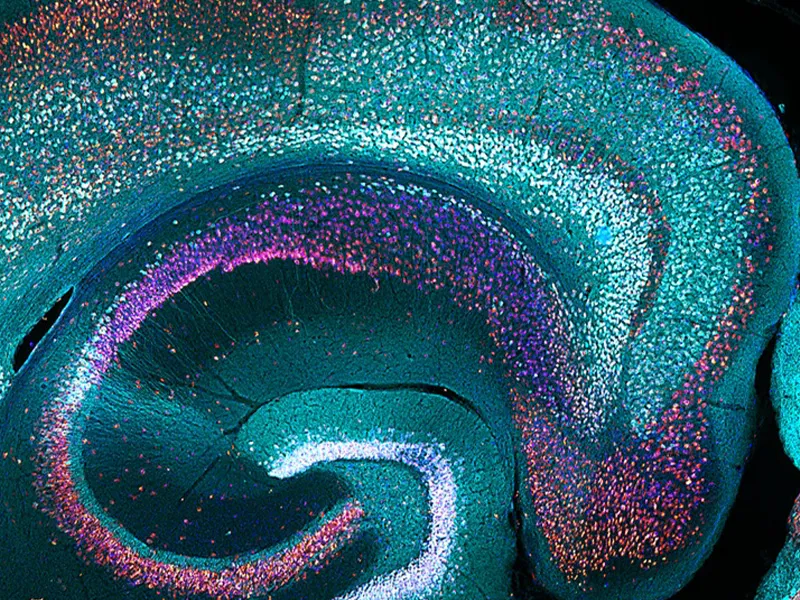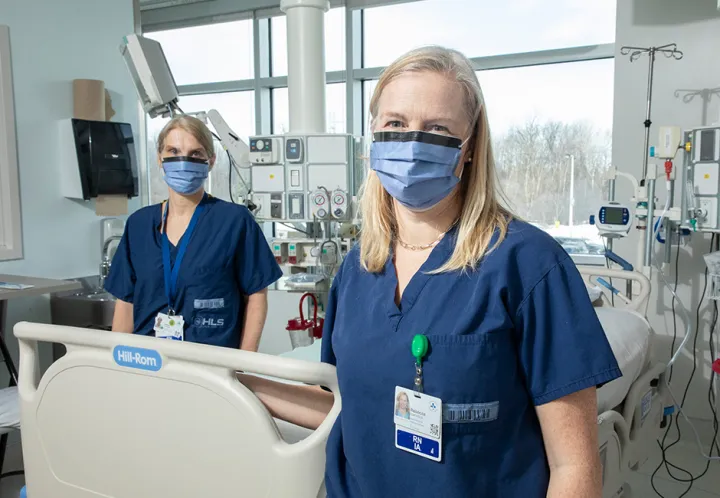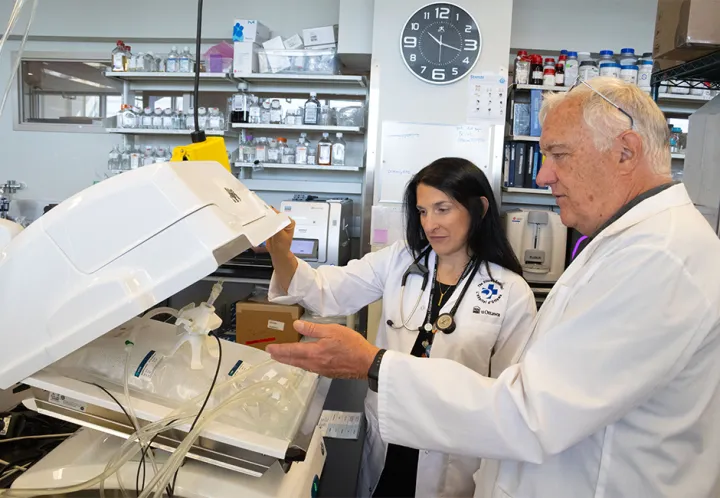
Who we are
The Ottawa Hospital Research Institute (OHRI) is the research engine of The Ottawa Hospital and an affiliated institute of the University of Ottawa.
We make groundbreaking biomedical discoveries, develop innovative new therapies, lead practice-changing clinical trials, and translate research into benefits for patients and society.
How we make a difference
We put patients and families at the heart of all our research and provide a supportive environment for all our researchers, trainees and staff.
We believe that research is care and that discovery is our hope for a better future.
2,333
Scientists, investigators, trainees and staff
752
Active clinical trials
11,086
Patients enrolled in clinical trials
2,269
Scientific papers published per year
11
Spinoff companies
61
Active patent families
$154 million
Research revenue
157
Countries we collaborate with
22
Core facilities and platforms




















